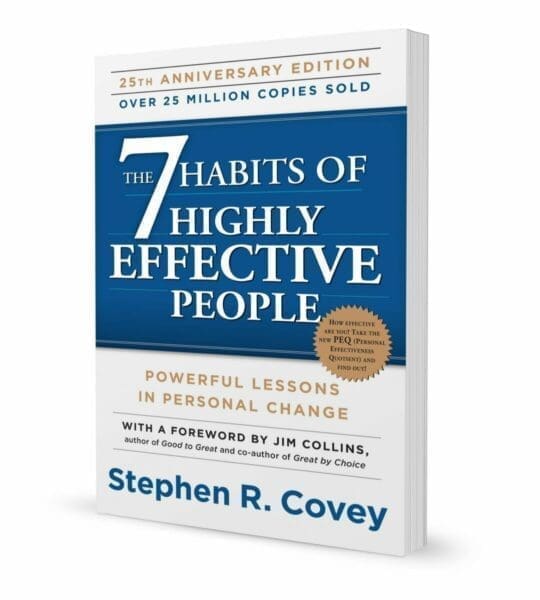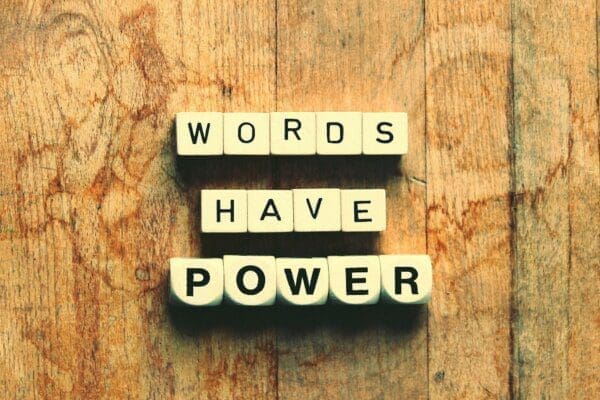Conflicts are Brutal, Draining, and Relationship Damaging. Conflict Escalation is When the Argument Has Increased in Ferocity and You are Stunned By How Quickly ‘We Got Here’.
Often the steps from discussing, to conflict, to an escalated conflict are quite short, with both parties bemused how it got away from them so quickly. Yet, the factors that escalate the conflict are nearly always the same and very avoidable. Let’s take a look at the 7 things that put fuel on the conflict fire until it burns very brightly. And not in a good way.
These factors are often called irritators because, well, they irritate the other person. In negotiation skills training we teach people to avoid using irritators because they achieve very little except their purpose – to irritate.
#1 – Repetition, Repetition and Repetition
We can all reflect back on an argument where we have repeated ourselves until ‘we’re blue in the face’. Thinking, why aren’t they getting this? They must be uninformed. Or you feel like the other person thinking ‘…they just keeps saying the same thing’, hoping that we’ll soon get it. Repetition is the number one go-to influencing method for people and in a conflict, it is trotted out as though it is mandatory.
Stephen Covey, the author of ‘The Seven Habits of Highly Effective People’ asked us, in Habit #5, to ‘Seek first to understand’. Now, we rarely do this anyway and in conflict even less, believing that hearing what someone has said, means that we agree. We haven’t agreed to it, we’ve just heard it. Big difference.

Being heard is what we all want. To be listened to. It’s important to everyone and especially in a conflict that we are heard. Repetition isn’t the answer and it will only escalate the conflict to new heights until they are blazing like an inferno.
Action: Instead of repeating, ask a question. A genuine question. Not a courtroom question.
#2 – Asking Courtroom Questions
You see it in the movies where the lawyer in a courtroom asks the witness on the stand a question that the cunning lawyer knows the answer to. Normally, it’s a closed question where the witness is forced to say, ‘Yes’, and what the witness wants to say is ‘Yes, but…’, though they are stopped by the sharp lawyer who cuts them off after the ‘Yes’, building her case further.
Courtroom questions will irritate the other person because that person will feel cornered and like any animal that is cornered they are forced to choose fight or flight. Neither response will resolve the conflict and will only escalate the conflict because either the person ‘loses’ by answering the question (flight), in which case they’ll fight harder on another point, or they’ll avoid it completely by raising a bigger issue.
Action: Avoid asking courtroom questions.
#3 – Using Their Words Against Them
I was involved in a conflict recently and I shared that I thought the other party had approached the conversation appallingly, making a choice to make it a conflict, rather than a problem to solve together. Their response?
‘I think you have approached this appallingly.’

Using exactly my sentence and my words in an attempt to equal the ‘points’. Obviously, this got my back up immediately, and the conflict escalated.
Action: Using the other person’s exact sentence will irritate them and make them look childish. Avoid.
Sticky Learning ® is 7 times more effective than 1-day training courses. Plus, you will get a Chain of Evidence proving your Return on Investment. Discover soft skills training that changes behaviours long term.

#4 – It’s All About the Tone!
Someone once wrote that conflict is 5% content and 95% tone. The tone is very important. As humans, we place a lot of stock in the tone used. It’s hard to describe by text, but let me try this experiment and you’ll need to imagine the tone as you read each sentence:
Imagine me calling your name –
- As a friend would, buying you a drink in the pub.
- As your Mum did when dinner was ready.
- As your Mum did when you had done something wrong.
- When you and your partner are…you know.
Tone matters. Matters a lot. It is possibly the one irritator that has the power to achieve conflict escalation above all other irritators. Using a tone that conveys anger will achieve its goal – You’ll both get angry and quickly.
Action: Don’t use an angry tone.
#5 – Silence is Not Golden in Conflict Escalation

We’ve all heard that silence is golden. It normally is, except when in conflict. When silence is used as an irritator, it is normally reciprocated with ‘So, you’re not going to talk to me now?’.
Interestingly, we teach amateur negotiators to use silence as a tool. Silence can be used extremely effectively as a tool in a negotiation because it can let the other party talk themselves into a worse deal. In conflict, the opposite happens and knowing when the situation is a negotiation or a conflict is a tough call.
Action: Use silence in negotiations and not in conflicts.
#6 – Using Their Name
Dale Carnegie said, “Remember that a person’s name is to that person, the sweetest and most important sound in any language”. This is very true because when we hear our name, we stop and listen as we like it to be called. In conflict, it’s about how we say their name and how many times. Using their name to stop them in their tracks, doing it repeatedly, and in the wrong tone will escalate the conflict by irritating the other party in the most intimate of ways, using their name.
A few years ago I was in a conflict and the other person said my name nine times in a short argument in order to ‘pull me up’. The reason we find this so irritating is that our parents used our name with the same accompanying tone when we were in conflict, and when we were in conflict with our parents we normally lost. We get the same feeling in a conflict, as when we were with our parents, so using our name in conflict takes us back to being a child and all the feelings that accompany those parent-child conflict situations.
Action: Avoid using the other person’s name repeatedly and especially with the wrong tone.
#7 – Interrupting
You won’t resolve a conflict by stopping them from speaking and doing this by speaking over them. You’ll irritate them. When someone is stopped from speaking by the other person speaking over them, they’ll eventually take all the pent-up frustration and the words will come out but louder, and more fiercely. You’ll not stop the words, you’ll just hold them back and whilst they are being held back they will gain fire.
Action: Try not to interrupt. Bite your tongue and wait. Yes, it’s hard, but the alternative will irritate them a lot.

A Summary of the 7 Irritators
- #1 – Repetition, Repetition and Repetition
- #2 – Asking Courtroom Questions
- #3 – Using Their Words Against Them
- #4 – It’s All About the Tone!
- #5 – Silence is Not Golden in Conflict Escalation
- #6 – Using Their Name
- #7 – Interrupting
Concluding Conflict Escalation
Any of the above 7 irritators will escalate the conflict. Especially using the wrong tone. Any combination of the above irritators will guarantee an escalated conflict reaching the dizzy heights of shouting, storming off, or hanging up.
Managing conflict is a lot about identifying when it is about to escalate. It’s about choosing not to use irritators and putting some cold water on the smouldering fire before it blazes. This can be done simply by agreeing to something that the other party said (almost anything, however small). Or listening without interruption, and using the same tone as you did before it started to escalate.
Want more? Check out our ultimate guide on Conflict Resolution Skills.




